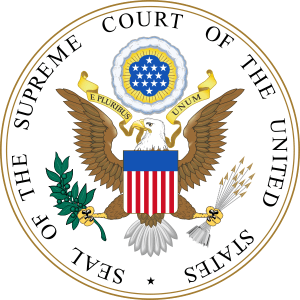
Many worry the measure will lead to racial profiling
The Supreme Court has rejected key parts of an Arizona law that attempted to deter illegal immigration, but still allowed a controversial measure that allows police to check immigration status while enforcing other laws.
The Supreme Court’s 5-2 ruling allows the federal government to maintain authority of the set immigration policy and laws. This move is undoubtedly going to be a conversation piece in the upcoming presidential election this year.
“The national government has significant power to regulate immigration,” Supreme Court Justice Anthony Kennedy wrote in the majority opinion. “Arizona may have understandable frustrations with the problems caused by illegal immigration while that process continues, but the state may not pursue policies that undermined federal law.”
The controversial Supreme Court measure — a provision that lets police check a person’s immigration status while enforcing other laws if the officer has reasonable suspect that the person is in the United States illegally – is being questioned.
“There is a basic uncertainty about what the law means and how it will be enforced,” Kennedy said in regards to the Supreme Court decision. He also added Arizona authorities must still comply with federal law.
Opponents of this Arizona law say the provision will lead to racial profiling. President Barack Obama also expressed concern over police having the power to check a person’s immigration status.
“No American should ever live under a cloud of suspicion just because of what they look like,” Obama said. “Going forward, we must ensure that Arizona law enforcement officials do not enforce this law in a manner that undermines the civil rights of Americans, as the court’s decision recognizes.”
Still Arizona Gov. Jan Brewer declared the Supreme Court ruling a success for her state, as she said the “heart” of the law can now be implemented “in accordance with the U.S. Constitution.”















